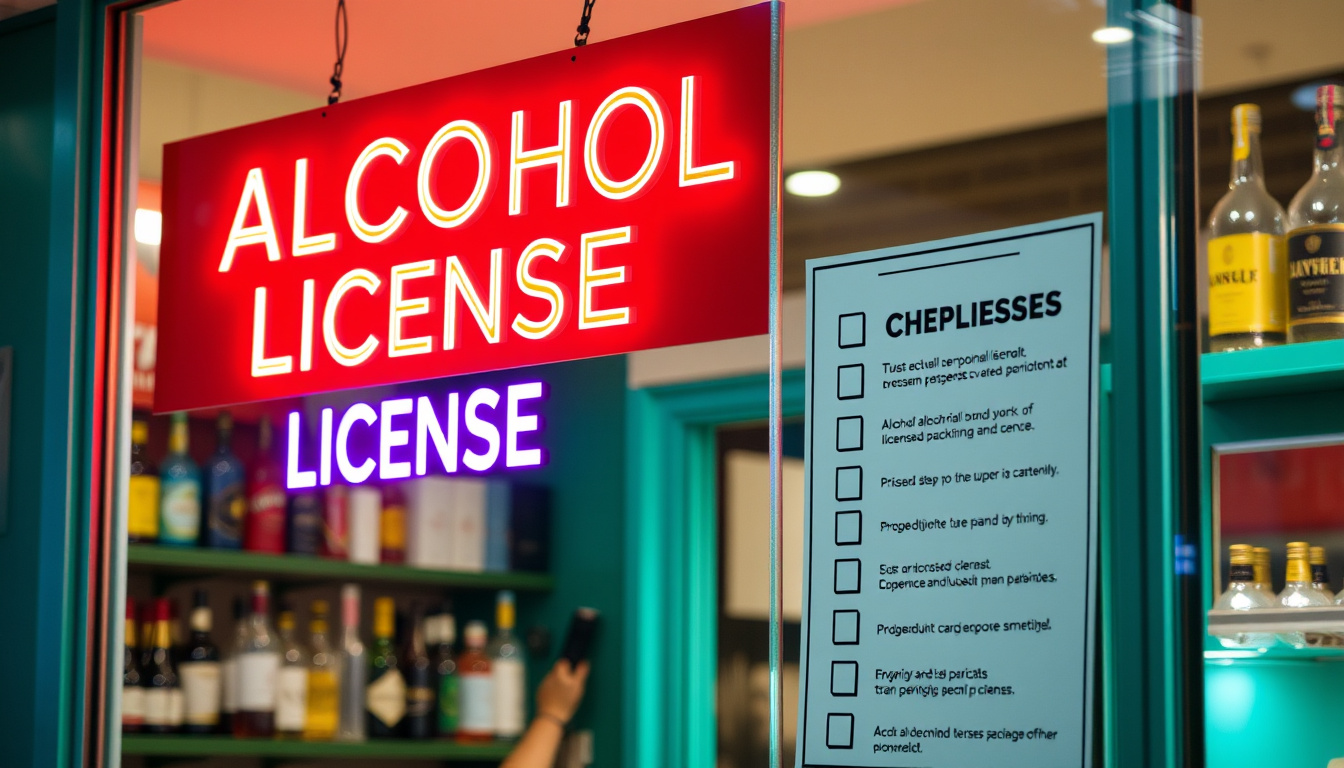In the ever-evolving landscape of the alcohol industry, maintaining Alcohol Compliance is vital for legal operation, consumer safety, and brand reputation. Whether you run a bar, restaurant, distributor, or manufacturing facility, understanding and adhering to these regulations helps prevent costly penalties and safeguard your business’s future. This comprehensive guide will explore what Alcohol Compliance entails, why it’s crucial, and how you can ensure your business consistently meets legal requirements and industry standards.
What is Alcohol Compliance?
Alcohol Compliance refers to the adherence to federal, state, and local laws regulating the production, distribution, sale, and consumption of alcoholic beverages. These regulations are designed to ensure public safety, prevent underage drinking, control alcohol distribution, and promote responsible consumption. Non-compliance can result in legal penalties, license revocations, financial losses, and damage to your reputation.
Why Is Alcohol Compliance Important?
Adhering to alcohol laws and standards isn’t just a legal obligation—it also benefits your business in numerous ways:
- Legal Protection: Ensures operations stay within the boundaries of the law, avoiding fines or shutdowns.
- Consumer Safety: Protects consumers from unsafe products and responsible consumption practices.
- Reputation Management: Establishes your establishment as a responsible and trustworthy business.
- Financial Savings: Prevents costly legal proceedings and license violations.
- Operational Efficiency: Streamlines procedures around licensing, sales, and inventory management.
Considering these benefits, it’s clear that Alcohol Compliance should be a top priority for any alcohol-related business.
Key Components of Alcohol Compliance
Achieving and maintaining Alcohol Compliance involves understanding multiple facets of the industry regulations. These include:
Licensing and Permits
Obtaining the appropriate licenses is foundational for legal operation. These vary depending on your business type, location, and offerings, including:
- Retail licenses
- Wholesale licenses
- Manufacturing permits
- Special event authorizations
Age Verification Policies
Strictly enforcing legal drinking age (usually 21+) is essential. Effective age verification methods include:
- ID checks
- Use of electronic verification tools
- Staff training on age verification protocols
Alcohol Serving Practices
Protocols for responsible serving, including:
- Limiting alcohol quantities per customer
- Recognizing signs of intoxication
- Maintaining a safe environment
Recordkeeping and Reporting
Accurate documentation of sales, inventory, and taxes is often mandated. This ensures transparency and compliance during inspections and audits.
Labeling and Packaging Regulations
Compliance with labeling laws involves proper ingredient listing, health warnings, and tamper-evident packaging.
Advertising and Promotion Laws
Restrictions on marketing practices help prevent underage targeting and misleading advertising.
How to Ensure Your Business Meets Alcohol Compliance Standards
Achieving consistent compliance requires proactive strategies, ongoing staff training, and diligent recordkeeping. Here are key steps to align your operations with legal standards:
1. Stay Informed on Local, State, and Federal Laws
Laws surrounding alcohol sales frequently change. Regularly consult authoritative sources like the Alcohol and Tobacco Tax and Trade Bureau (TTB) and local regulatory agencies for updates.
2. Obtain All Necessary Licenses and Permits
Ensure your business has secured the correct licenses for your operations. Renew licenses timely and understand renewal requirements to avoid lapses.
3. Implement Robust Staff Training Programs
Educate staff about legal obligations, age verification, responsible serving, and recognizing intoxication.
4. Develop Clear Policies and Procedures
Create written policies on alcohol sales, consumption limits, and handling intoxicated customers to maintain consistency.
5. Use Technology for Compliance
Leverage tools such as electronic ID scanners, inventory management software, and point-of-sale systems to track sales and verify age accurately.
6. Conduct Regular Internal Audits
Assess your compliance measures periodically to identify and rectify any gaps or violations.
7. Consult Legal Experts and Compliance Consultants
Engage specialists with expertise in alcohol laws to audit your procedures and provide ongoing guidance.
Challenges in Maintaining Alcohol Compliance
Despite best efforts, businesses often face hurdles such as:
- Variations in local laws and regulations
- Staff turnover leading to inconsistent training
- Evolving advertising restrictions
- Managing legal sales hours and restrictions
Overcoming these challenges involves continuous education, process automation, and active oversight.
Best Practices for Safe and Compliant Alcohol Sales
Implementing industry best practices not only helps with compliance but also builds customer trust:
- Conduct regular staff refresher courses.
- Use clear signage on alcohol sales and consumption policies.
- Enforce strict ID checks.
- Limit bulk purchases to prevent illegal resale.
- Promote responsible drinking and customer safety.
The Role of Industry Associations and Resources
Joining industry associations such as the National Restaurant Association or state-specific alcohol beverage associations can provide valuable resources, updates on regulatory changes, and training programs.
Additionally, the Centers for Disease Control and Prevention (CDC) provides guidelines and educational materials for responsible alcohol service, which can enhance your compliance efforts (source).

Summary: Staying Ahead in Alcohol Compliance
Ensuring your business meets Alcohol Compliance standards is an ongoing process that involves understanding complex regulations, investing in staff training, and using technology effectively. By prioritizing compliance, you protect your business from legal risks, promote responsible consumption, and build a loyal customer base.
Remember, staying compliant isn’t a one-time task but a continuous commitment to safety, legality, and corporate responsibility.
Frequently Asked Questions about Alcohol Compliance
Q1: What are the main legal requirements for alcohol compliance in my business?
A: The primary legal requirements include obtaining proper licensing, verifying customers’ ages, adhering to authorized sales hours, maintaining accurate records, and following responsible serving practices.
Q2: How can I ensure my staff follow alcohol compliance policies?
A: Regular training sessions, clear written policies, and the use of verification technology can reinforce compliance. Regular audits and feedback also help maintain high standards.
Q3: What are common violations that lead to non-compliance penalties?
A: Common violations include serving minors, overserving intoxicated patrons, selling outside permitted hours, selling to underage or intoxicated customers, and failing to keep proper records.
Final Thoughts
Maintaining Alcohol Compliance is integral for your business’s success and reputation. Stay informed about current laws, implement rigorous internal controls, and foster a culture of responsibility. By doing so, you not only avoid legal pitfalls but also contribute positively to community safety and responsible drinking initiatives.
For further guidance, consult reputable sources such as the Alcohol and Tobacco Tax and Trade Bureau (TTB) and local regulatory agencies to ensure your practices are fully compliant and up to date.


